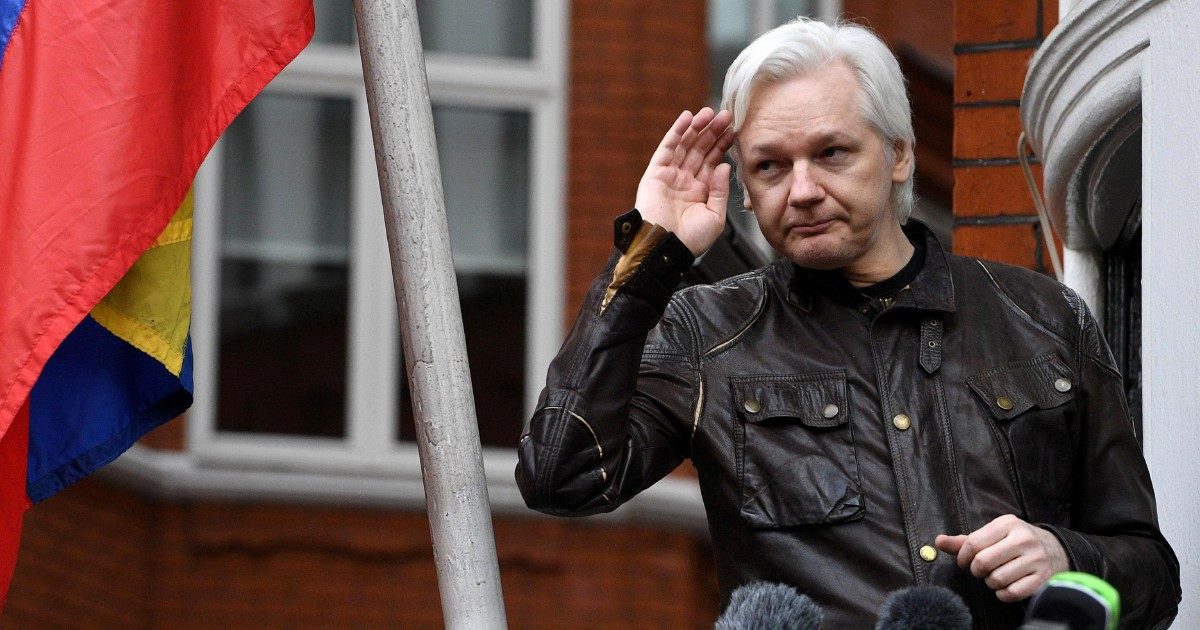Will Julian Assange be able to walk out after ten years? A decision on whether or not to grant him bail is expected today, after last Monday British judge Vanessa Baraitser ruled against his extradition to the United States. However, even if Baraitser does grant him release on bail from the Belmarsh prison, Julian Assange is expected to face a long fight against extradition to the United States, considering that the U.S. authorities have already announced their appeal.
The WikiLeaks founder could find himself fighting all the way to the British Supreme Court and even to the European Court of Human Rights. However, it shouldn’t be taken for granted that Julian Assange will be able to appeal to the European Court before being extradited to the United States. An exclusive document obtained by this author after lengthy FOIA litigation in the United Kingdom allows revealing that the Swedish authorities considered tactics to extradite him to Sweden before he could appeal to the European Court of Human Rights. Will the United States try to use similar tactics?
The file dates back to December 2011, when Julian Assange was under investigation in Sweden for rape allegations, an investigation now dropped once and for all. Today the only charges against Julian Assange are by the United States for publishing secret U.S. files that allowed revealing war crimes and torture. It is precisely and exclusively for these charges that the U.S. authorities want to extradite him to the U.S., where he faces 175 years in prison.
Instead in December 2011 it was Sweden that tried to extradite Assange in order to question him on rape allegations dating back to August 2010, not even a month after WikiLeaks began publishing the secret U.S. files. Assange never refused being questioned by the Swedish prosecutors: as a matter of fact, he had already been questioned in August 2010 at the request of Eva Finné, the first prosecutor assigned to the Swedish case, who terminated the preliminary investigation on rape whilst preserving the investigation on sexual molestation. What Assange refused was extradition to Sweden to be questioned, convinced that his extradition to Sweden would have paved the way to his extradition to the United States.
In December 2011, the WikiLeaks founder had just been granted permission to appeal to the British Supreme Court against his extradition to Sweden. The FOIA document reveals that on the 8th of December 2011, the Swedish member of Eurojust – the European Union’s agency for criminal justice cooperation – contacted his British counterpart expressing optimism that the British Supreme Court in London would deliver a verdict in Sweden’s favor. “It is my experience in similar situations from Eurojust it is important with a pick as close to the decision as possible to avoid conflicts with an expected appeal to the European Court of Human Rights. After the 10 days time frame there is no longer a possibility to have coercive measures against Mr A”.
In other words, according to what the then Swedish member of Eurojust wrote in his emails to the British member, Sweden aimed to extradite Julian Assange before he could appeal to the European Court for protective measures. Will the United States try to use similar tactics to extradite him?

